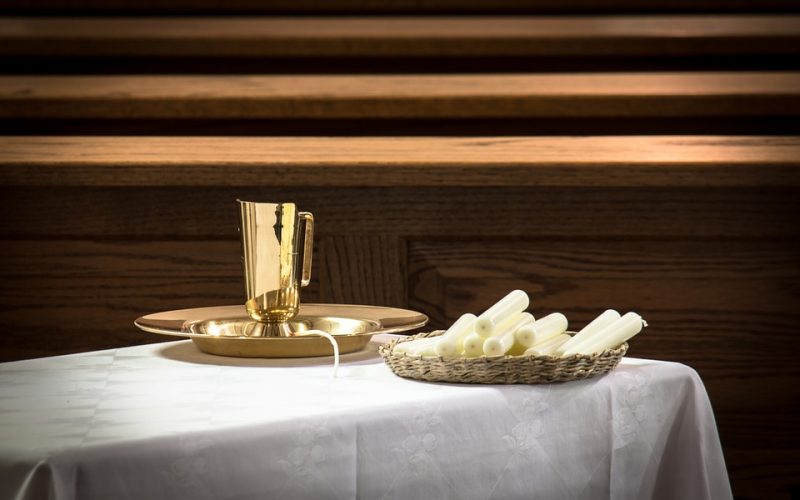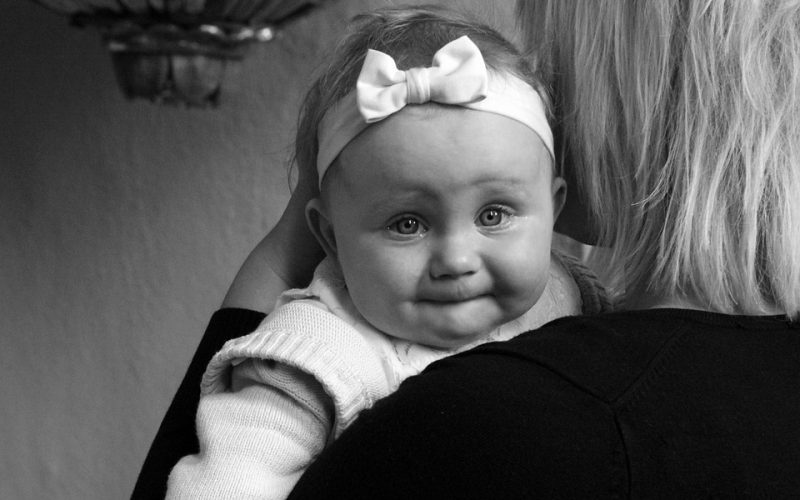Attending Confirmation Classes
When a child in a religious that requires Confirmation as a religious ritual comes of age, they are expected to take classes before they can participate as an adult member of their church. These classes are to be taken seriously, and failure to pass them will keep them from being able to become an adult church member. Few churches disqualify students who fail to pass these classes, but few of the participants want to take them again the next year. Rather than suffer the embarrassment of not being confirmed with their friends, students are generally motivated to study.
The goal of these religious classes is to help students understand they are making a commitment as an adult, and they need to know their responsibilities as a member of the congregation. Their acceptance into the church through baptism was chosen by their parents, but they learn in the classroom that they must now ratify that decision. Failure to go through the ritual voluntarily is often seen as a rejection of their religion.
Many older religions set the time for confirming a religious choice within the teenage years, and it is largely due to the fact that in ancient times children were considered adults when they reached their teens. Few children in modern societies are considered adults, but churches have kept their age set in direct opposition to this concept. For those who feel they are being pushed by their parents, it is seen as a way to force them to accept adulthood within the church, but they do have the option of changing their religion when they become legal adults within their society. Few of them go through with the change.
Becoming an adult within some churches does not always bring much change, but it generally depends upon the level of commitment by the congregant. Those who are not really interested in religion will find they do not have to participate, but those with a larger commitment will be welcomed into adult groups and activities.















